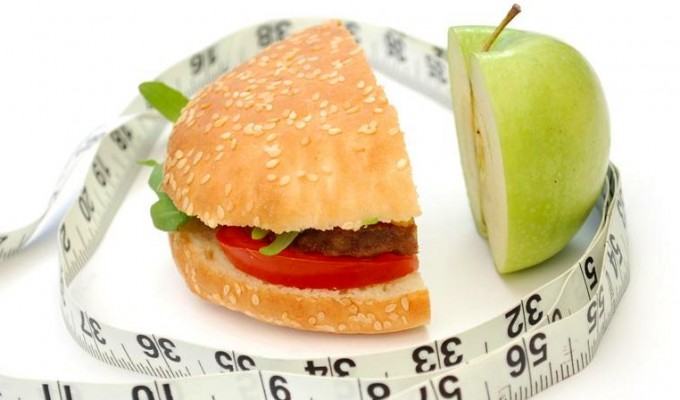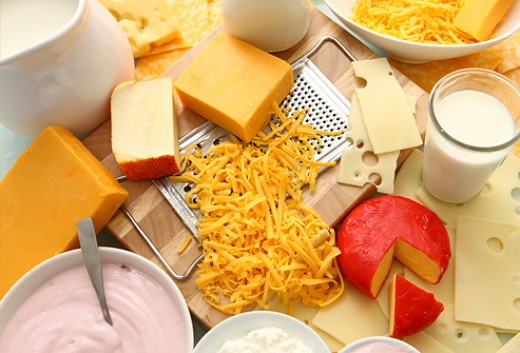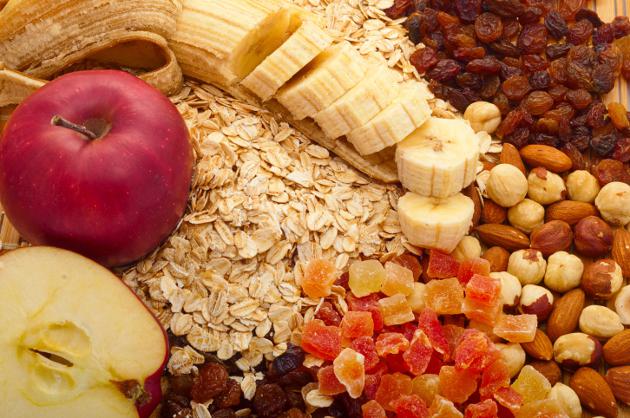Counting calories is often associated with weight loss — ensuring that the daily recommended intake isn’t exceeded. When it comes to this magic number, there are a wide range of contributing factors, including age, weight, and activity level.
If you’re following a diet of 1,500 calories daily, are you paying attention to what you’re consuming? Sure, one calorie from a kiwi, appears as though it would be equal to one calorie from candy — and technically, this is true.

Protect Your Health — What You Need to Know About Calories

The quality of the calories you consume is what determines whether or not you’re living a healthy lifestyle. Certain foods undergo different pathways in comparison to others, resulting in varying amounts of useable energy. More importantly, different foods offer their own unique nutritional profile.
Think of it this way, Todd eats an average of 2,000 calories a day, focusing on plenty of fresh whole foods. Anne on the other hand only eats around 1,400 calories, but these calories come from sources that are low in nutrients. The 2,000 calories Todd eats provide the macronutrients needed to influence hormonal balance and overall well-being, whereas Anne is essentially consuming ’empty calories.
Here’s Why a Calorie Doesn’t Equal a Calorie
There are a number of reasons why calories aren’t technically equal — mainly based on the way your body uses them. Fructose and glucose, for example, are nearly identical before consumption, however, your body uses them in two entirely different ways.
Unlike glucose, which can be metabolized by any tissue, fructose can only be broken down by the liver. This also affects factors such as hunger and hormones, as well as the efficiency of metabolic processes. One study, published in Food and Nutrition Research, studied a whole food meal in comparison to a processed meal.


So remember, the next time you’re aiming to shed a few pounds, focus on what you’re eating, as well as how much you’re eating. Both of these factors play a key role, especially in terms of effective and healthy weight loss.
